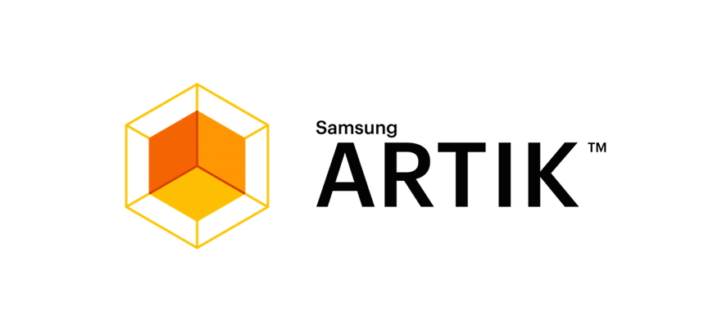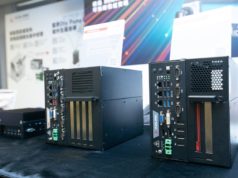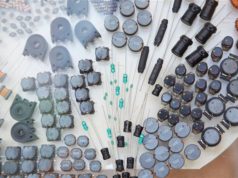
Samsung Electronics today announced the winner of Samsung’s Makers Against Drought (M.A.D.) Challenge, a competition for developers to create open innovation projects that solve global challenges such as water scarcity, and ultimately bring those ideas to market.
Six New York-based developers, Jesse Lee, Geoff Woo, Helen Huang, Lara Mendelssohn, Shea Molloy, and Tony Li won the M.A.D. Challenge. Their groundbreaking ElectroDialysis Desalinator for Irrigation (EDDI) system enables farmers to separate salt from water before they irrigate, allowing them to use only the necessary amount of water needed to achieve maximum crop yield. Using the SAMSUNG ARTIK™ IoT platform, the EDDI system controls smart activation of its device’s pumps and valves, while collecting data related to water salinity and flow. Smart activation also helps reduce water waste.
The team built the EDDI system after studying the various large-scale changes that happen during a drought crisis and how those changes affect people and ecosystems that are susceptible to changes in water abundance. Together, the winners will receive a check for $100,000. The M.A.D. global challenge drew more than 500 entries from 57 countries, awarding $210,500 in prizes overall. The EDDI developers’ next step is to continue honing their innovation and one day offer it to farmers everywhere.
“We’re a small group of friends who care deeply about solving global problems with technology,” said Jesse Lee, EDDI developer team lead. “Working with the SAMSUNG ARTIK™ platform was a great experience for us, as it provided a giant canvas to create a system of infinite possibility.” He added, “The challenge has given us the lift we need to reach even further into the promise IoT technology offers.”
Second place runner-up, Ness leveraged the SAMSUNG ARTIK™ platform to develop a system that saves water that’s normally wasted by people while waiting for their water taps and showers to get hot. Ness can save 200 gallons per household per month. The Tadpole Automation and Monitoring System, the third place runner-up, leveraged the SAMSUNG ARTIK™ platform to reduce the amount of water needed to grow food by over 90 percent compared to traditional methods. A diverse mix of judges representing state government officials, venture capitalists, and green tech industry leaders evaluated the innovation projects and selected the winning and runner-up teams and technology.
Samsung identified drought as the focus for the IoT maker challenge, after witnessing firsthand the devastating impact of the California drought that started in 2011. Samsung reviewed the entries and narrowed the pool down to 150 contenders, providing complimentary SAMSUNG ARTIK 5 and SAMSUNG ARTIK 10 development kits to the contenders for their projects. The judging criteria was based on; creativity and originality of the idea; and technical implementation, including how well the idea was executed by developers, and how well they utilized the SAMSUNG ARTIK™ IoT platform in their project. Additional criteria included the benefits and impact on the California water crisis and on droughts in other parts of the world as well as the overall user experience.
“We were extremely impressed by the EDDI team. They developed a prototype to desalinate the water, and they also gathered and leveraged data from various sources to manage the salinity in water specific to different plants,” said Curtis Sasaki, VP of Ecosystems at Samsung. “The potential for IoT is incredible for all kinds of looming issues. We’re delighted the SAMSUNG ARTIK™ platform is playing a vital role in inspiring developers and makers to create a better future. We have a tremendous opportunity to think big and address global issues in entirely new ways.”
To learn more about the finalists and the winner of the program, please visit http://artik.devpost.com/.
Compelling Statistics:
- Water Intensive: agriculture accounts for 70% of the world’s water consumption (UNESCO)
- Some experts estimate that as much as 50% of irrigation water is wasted due to evaporation, wind, or runoff caused by inefficient irrigation methods and systems. (U.S. EPA)
- Approximately a third of the world’s population, or 2.5 billion people, are living in water-stressed areas. (Growing Blue)







